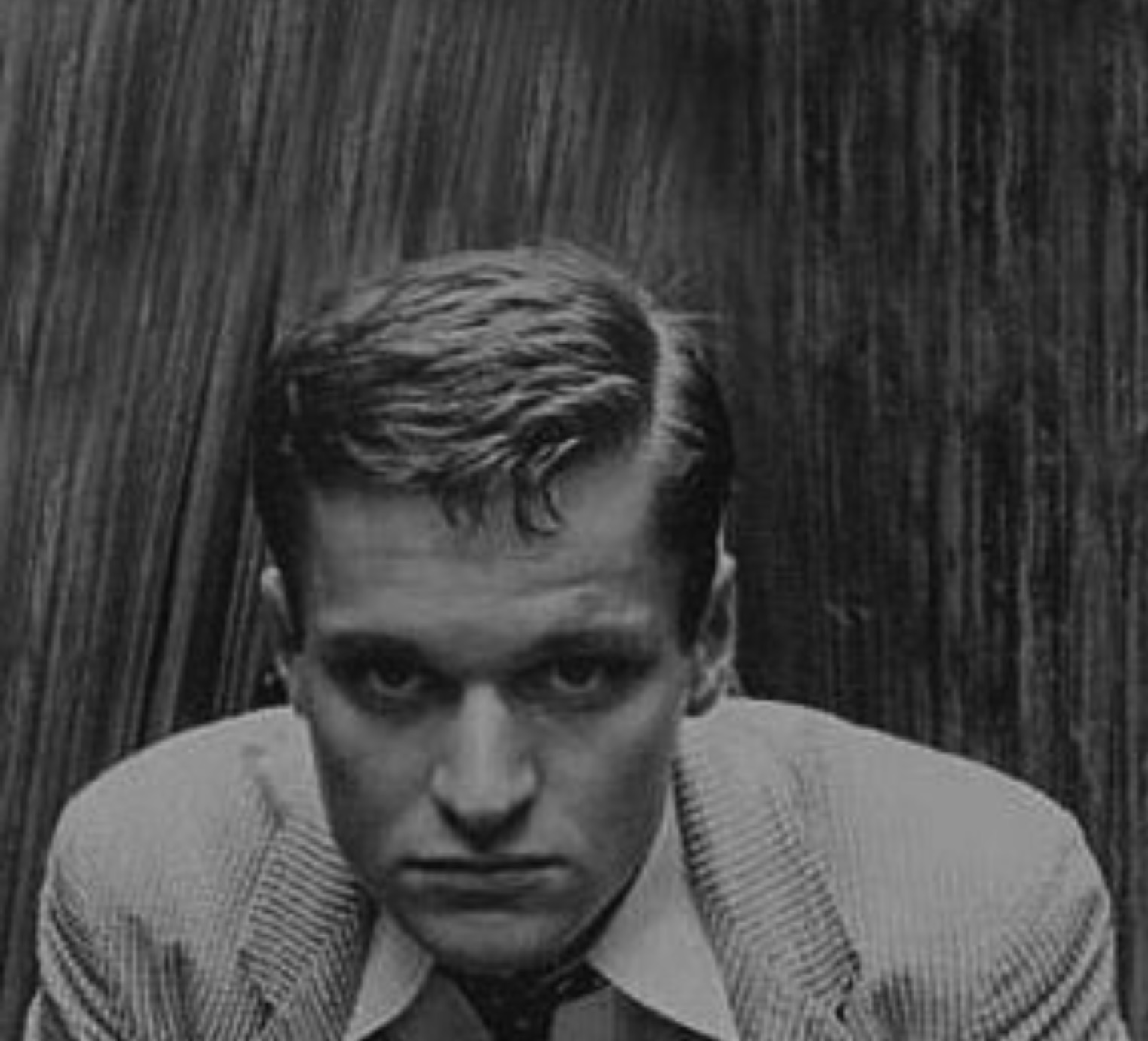
John Ashbery
E LEI SI CHIAMA “UT PICTURA POESIS”
Non puoi dirlo più così.
Preoccupato della bellezza devi
uscire allo scoperto, in una radura,
e riposare. Certo, qualsiasi cosa strana ti succeda
è OK. Chiedere di più non sarebbe
da te, tu che hai così tanti amanti,
gente che ti ammira ed è pronta
a fare cose per te, ma tu pensi
non sia giusto, che se ti conoscessero davvero…
Basta cosí con l’autoanalisi. E adesso,
su cosa mettere nella tua poesia-quadro:
i fiori sono sempre belli, specie i delphinium.
I nomi di bambini conosciuti un tempo e le loro slitte,
i razzetti vanno bene – esistono ancora?
Ci sono un sacco di altre cose con le stesse proprietà
delle sunnominate. Ora si devono
trovare alcune parole importanti e molte di basso profilo,
dal suono fiacco. Lei mi contattò
perché comprassi la sua scrivania. D’improvviso la strada fu
follia pura e clangore di strumenti giapponesi.
Prosaici testamenti vennero sparpagliati tutt’attorno. La sua testa
s’allacciò alla mia. Eravamo una biciancola. Qualcosa
andrebbe scritto su come ciò ti condizioni
quando scrivi poesia:
l’estrema austerità di una testa pressoché vuota
che si scontra con il rigoglioso fogliame Rousseau-simile del suo desiderio di comunicare
qualcosa nelle intermittenze del respiro, anche se solo nell’interesse
d’altri e per il loro desiderio di capirti e disertarti
per altri centri di comunicazione, così che la comprensione
possa avere inizio, e così facendo essere disfatta.
And ut pictura poesis is her name
You can’t say it that way any more.
Bothered about beauty you have to
Come out into the open, into a clearing,
And rest. Certainly whatever funny happens to you
Is OK. To demand more than this would be strange
Of you, you who have so many lovers,
People who look up to you and are willing
To do things for you, but you think
It’s not right, that if they really knew you…
So much for self-analysis. Now,
About what to put in your poem-painting:
Flowers are always nice, particularly delphinium.
Names of boys you once knew and their sleds,
Skyrockets are good—do they still exist?
There are a lot of other things of the same quality
As those I’ve mentioned. Now one must
Find a few important words, and a lot of low-keyed,
Dull-sounding ones. She approached me
About buying her desk. Suddenly the street was
Bananas and the clangor of Japanese instruments.
Humdrum testaments were scattered around. His head
Locked into mine. We were a seesaw. Something
Ought to be written about how this affects
You when you write poetry:
The extreme austerity of an almost empty mind
Colliding with the lush, Rousseau-like foliage of its desire to communicate
Something between breaths, if only for the sake
Of others and their desire to understand you and desert you
For other centers of communication, so that understanding
May begin, and in doing so be undone.
(da Houseboat Days, 1977 , traduzione italiana di Damiano Abeni e Moira Eigan)
PARADOSSI E OSSIMORI
Questa poesia si occupa del linguaggio a un livello alquanto piano.
Guardala che ti parla. Guardi da una finestra
o affetti irrequietezza. La sai ma non la sai.
Ti manca, la manchi, le manchi, ti manca. Vi mancate a vicenda.
La poesia è triste perché vuole essere tua, e non può.
Cos’è un livello piano? E’ quella cosa e altre,
e ne mette in gioco un sistema. Gioco?
Beh, di fatto, sì, ma io ritengo che il gioco sia
una più profonda cosa esterna, un modello di ruolo sognato,
come nella ripartizione della grazia queste lunghe giornate agostane
senza dimostrazione. A finale aperto. E prima che te ne accorga
si perde nel vapore e nel cicaleccio della macchina da scrivere.
E’ stata giocata un’altra volta. Penso tu esista solo
per tormentarmi a farlo, al tuo livello, e poi tu non ci sei
o hai adottato un atteggiamento diverso. E la poesia
mi ha deposto dolcemente accanto a te. La poesia è te.
Paradoxes and oximorons
This poem is concerned with language on a very plain level.
Look at it talking to you. You look out a window
Or pretend to fidget. You have it but you don’t have it.
You miss it, it misses you. You miss each other.
The poem is sad because it wants to be yours, and cannot.
What’s a plain level? It is that and other things,
Bringing a system of them into play. Play?
Well, actually, yes, but I consider play to be
A deeper outside thing, a dreamed role-pattern,
As in the division of grace these long August days
Without proof. Open-ended. And before you know
It gets lost in the steam and chatter of typewriters.
It has been played once more. I think you exist only
To tease me into doing it, on your level, and then you aren’t there
Or have adopted a different attitude. And the poem
Has set me softly down beside you. The poem is you.
(da Shadow Train, 1980 , traduzione italiana di Damiano Abeni e Moira Eigan)
John Ashbery (Rochester, New York, 28 luglio 1927 – Hudson, 3 settembre 2017) è stato uno dei più celebri poeti statunitensi del 900. Tra le sue opere in versi spiccano certamente: “Some Trees” (Alberi, 1956); “The Tennis Court Oath” (Il giuramento del campo da tennis, 1962); “Self Portrait in a Convex Mirror” (1975; Autoritratto in uno specchio convesso, Milano, 1983); “April Galleon” (Galleone d’aprile, 1987; “Can You Hear, Bird: Poems” (1995); “Chinese Whispers: poems” (2002). Nel 2008 per l’editore Luca Sossella viene pubblicato “Un mondo che non può essere migliore. Poesie scelte 1956-2007”, antologia curata da Damiano Abeni con Moira Egan.
